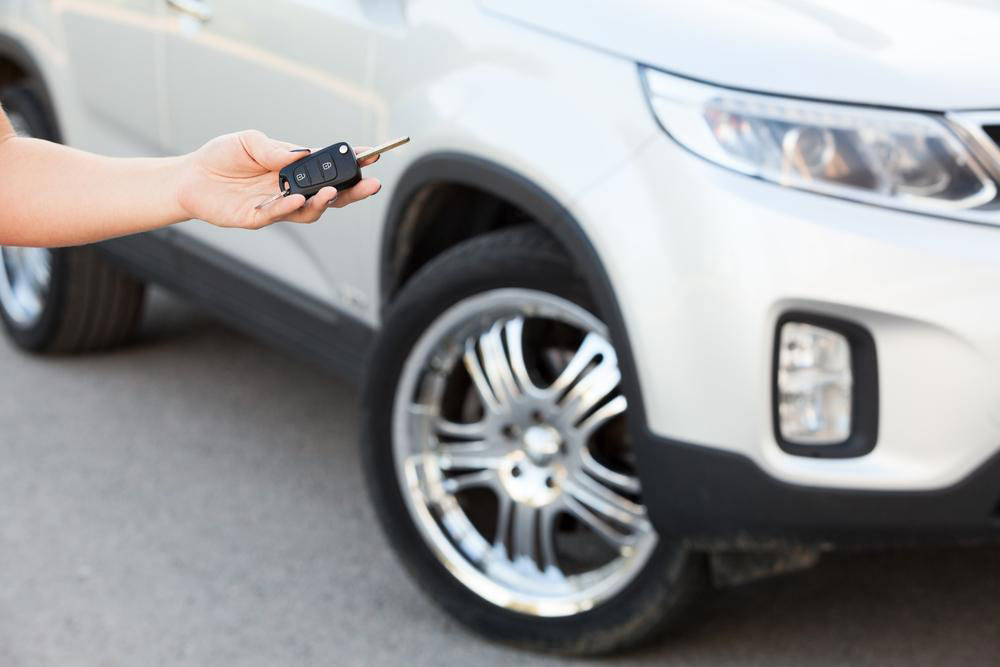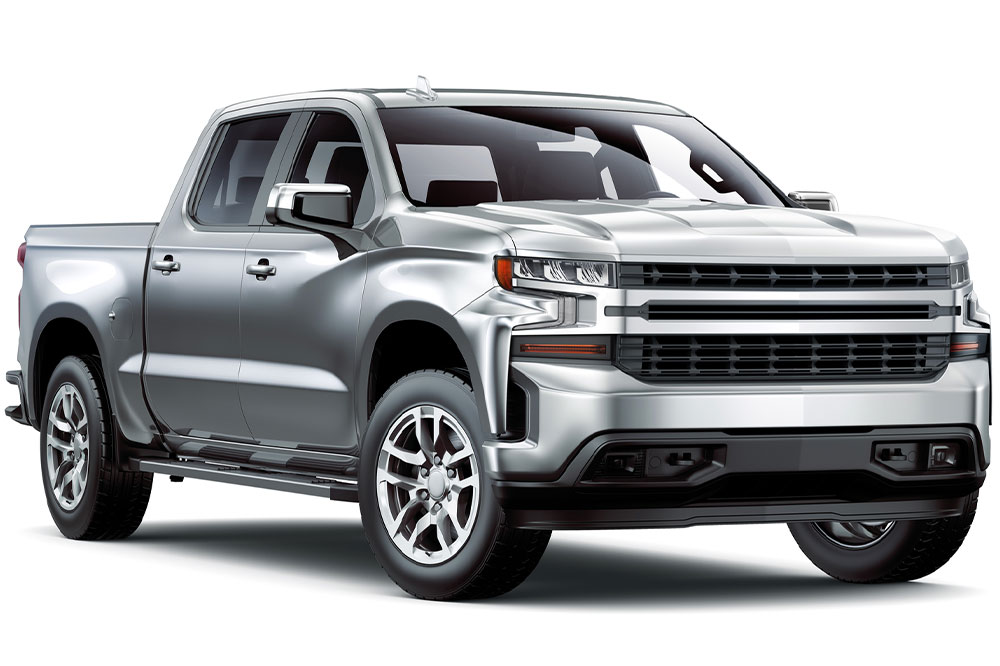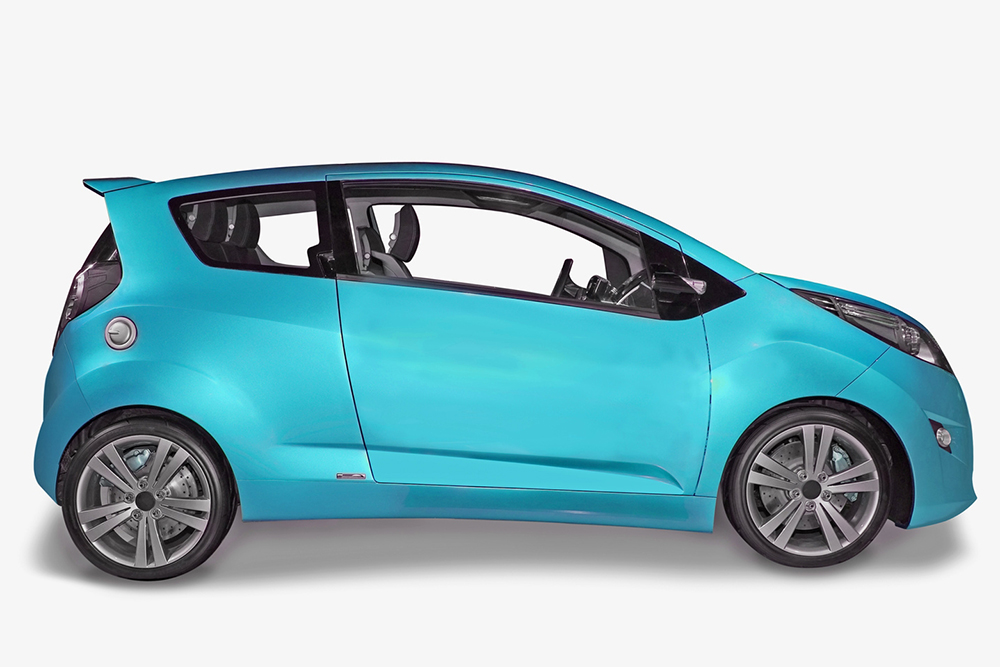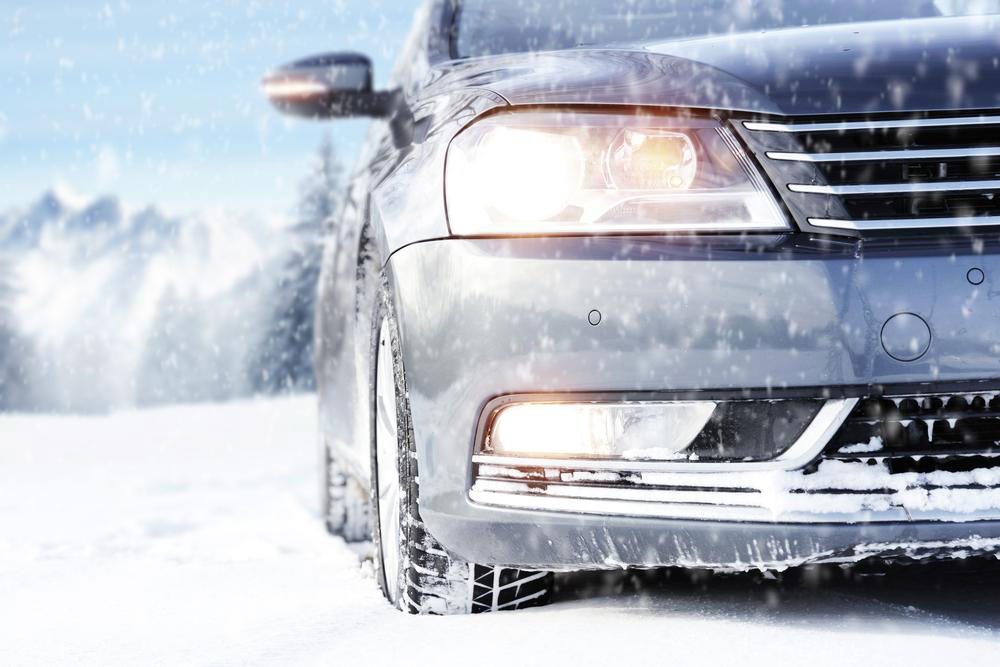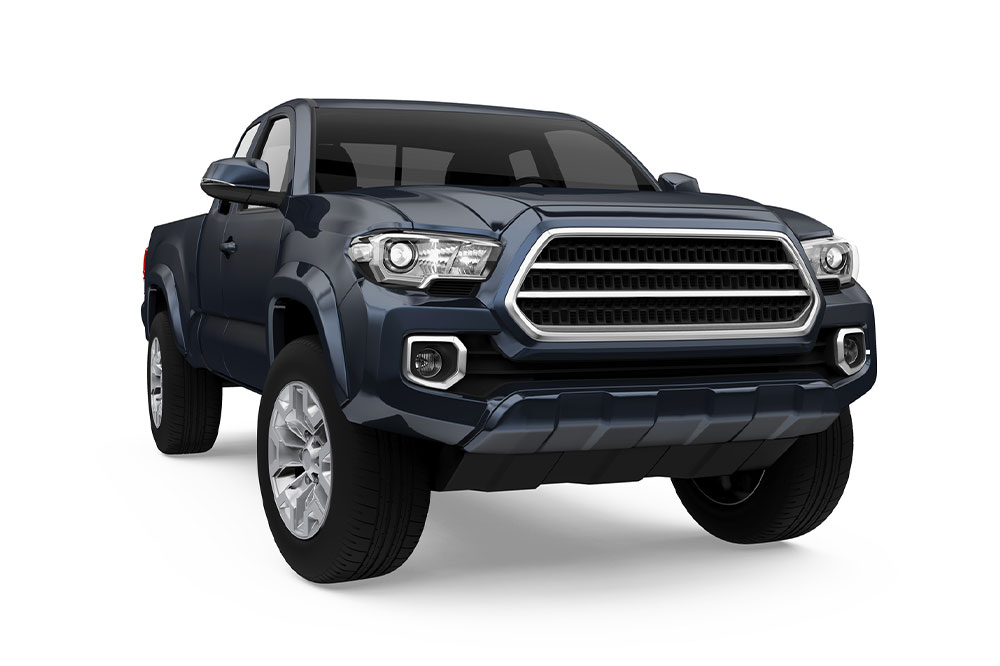Essential Information on Vehicle Recall Procedures and Examples
This article offers a comprehensive overview of vehicle recalls, detailing how they are initiated, investigated, and executed. It highlights recent recall cases from Kia, Subaru, and Hyundai, emphasizing safety and regulatory procedures essential for vehicle owners and industry professionals. Understanding these processes helps consumers stay informed and make safer vehicle choices.
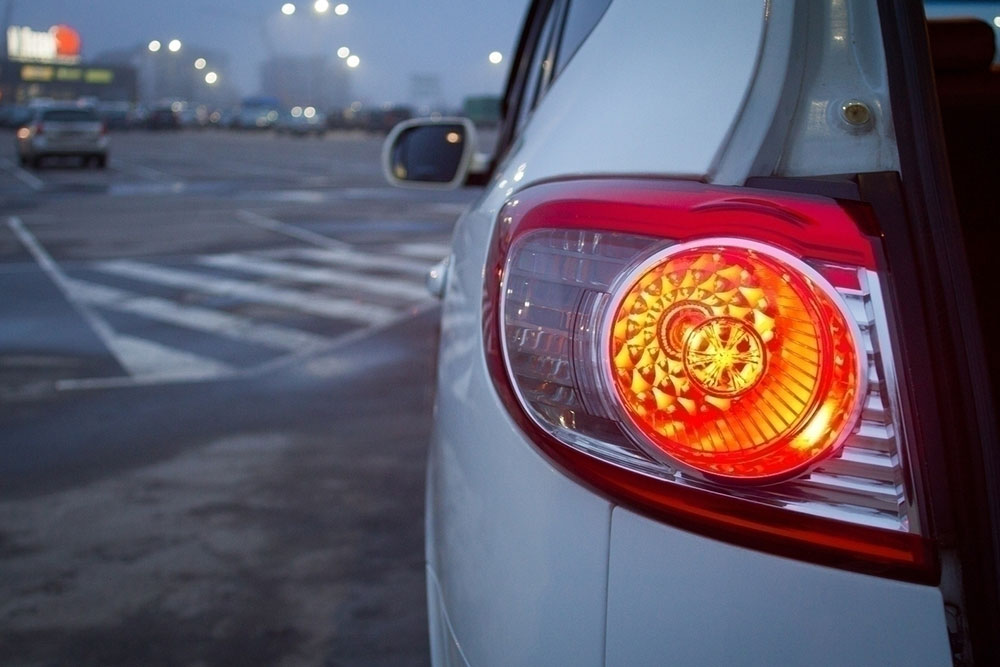
Understanding Vehicle Recalls: Key Insights
Vehicle recalls are periodic events initiated either by automakers or government agencies to address safety concerns. Typically, recalls aim to ensure vehicles meet safety standards and operate reliably. They often stem from consumer complaints or regulatory investigations identifying potential hazards. Recognizing how recalls function is crucial for car owners and buyers alike.
How Do Vehicle Recalls Occur?
Manufacturers often voluntarily start recalls upon discovering safety issues. Despite initial challenges, prompt action helps companies prevent lawsuits, protect public safety, and maintain trust. In some cases, owners report problems directly to authorities, triggering investigations and recalls.
When owners spot defects like ignition failures, they submit complaints to official bodies such as the National Highway Traffic Safety Administration (NHTSA). Authorities then analyze patterns, conduct tests on affected models, and gather data from insurance, crash records, and recall history before initiating investigations.
Investigation and Evaluation Process: Once a concern is identified, regulatory agencies request detailed information from manufacturers regarding the reported defect. Experts then examine the vehicle to assess the severity and cause, a process that can last between several months to over a year depending on complexity.
Technical Analysis and Confirmation: Authorities analyze technical data and may require manufacturers to provide further insights. If a defect is confirmed, the case moves forward, involving detailed reports and data analysis, which can take up to three years or more.
Issuing a Recall: When a defect is validated, manufacturers prepare explanations and corrective plans. The recall is then officially issued under regulatory guidance to fix the issue and protect consumers.
Recent Vehicle Recall Examples:
Kia: Nearly 427,000 Kia Telluride SUVs (2020-2024) were recalled due to an intermediate and right front driveshaft issue. Faulty engagement caused parked vehicles to roll away, posing safety risks. Although no accidents occurred, Kia issued a recall to resolve the problem.
Subaru: Over 118,000 Subaru Outback and Legacy models (2020-2022) faced recall because passenger airbags failed to deploy during crashes. The root cause was defective occupant detection sensors, which Subaru replaced with improved units to ensure safety.
Hyundai: Hyundai recalled over 98,000 vehicles, including Ioniq and Genesis models, due to a faulty Integrated Charging Control Unit (ICCU). This component could stop charging the 12-volt battery, leading to sudden power loss and potential accidents. Hyundai acted swiftly to address the issue.

